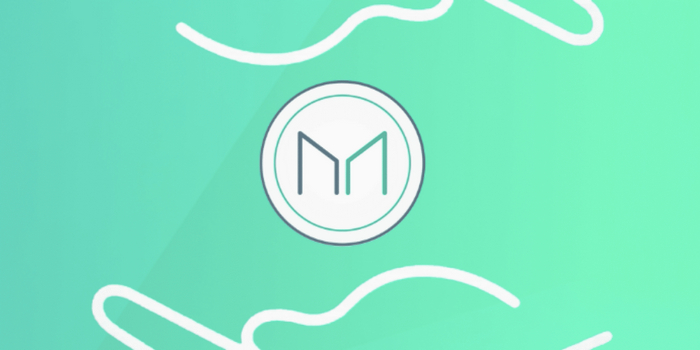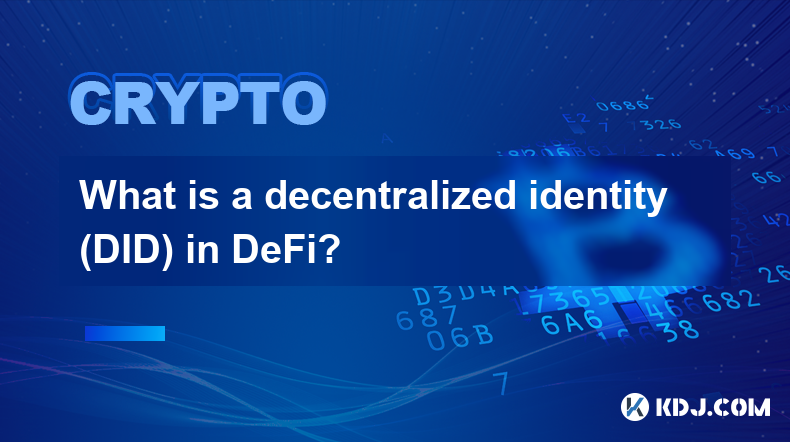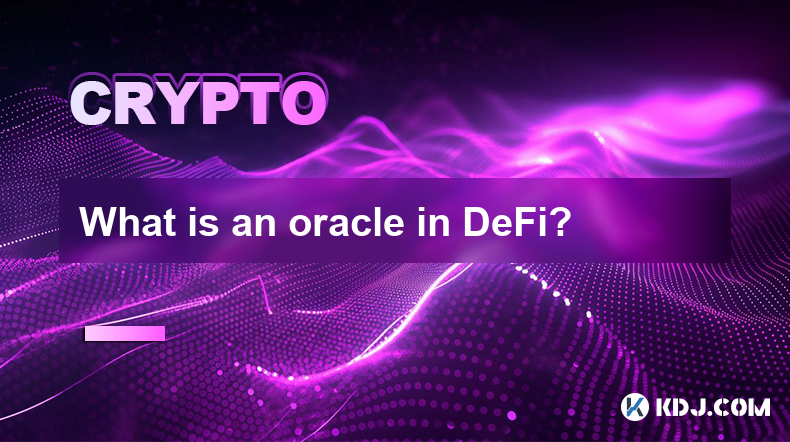-
 Bitcoin
Bitcoin $82,710.8499
-3.03% -
 Ethereum
Ethereum $1,793.0497
-6.16% -
 Tether USDt
Tether USDt $0.9997
-0.03% -
 XRP
XRP $2.0245
-5.40% -
 BNB
BNB $588.9681
-3.44% -
 Solana
Solana $119.1214
-6.27% -
 USDC
USDC $0.9999
0.00% -
 Dogecoin
Dogecoin $0.1639
-6.02% -
 Cardano
Cardano $0.6406
-5.69% -
 TRON
TRON $0.2332
-1.69% -
 Toncoin
Toncoin $3.8230
-5.85% -
 UNUS SED LEO
UNUS SED LEO $9.3854
1.36% -
 Chainlink
Chainlink $12.8724
-8.54% -
 Stellar
Stellar $0.2562
-5.91% -
 Avalanche
Avalanche $17.9839
-8.74% -
 Sui
Sui $2.2792
-5.46% -
 Shiba Inu
Shiba Inu $0.0...01202
-5.27% -
 Hedera
Hedera $0.1606
-5.78% -
 Polkadot
Polkadot $3.9509
-5.40% -
 Litecoin
Litecoin $81.5906
-3.66% -
 MANTRA
MANTRA $6.3111
0.24% -
 Bitcoin Cash
Bitcoin Cash $294.0354
-4.83% -
 Bitget Token
Bitget Token $4.4720
-3.32% -
 Dai
Dai $0.9996
-0.04% -
 Ethena USDe
Ethena USDe $0.9998
-0.02% -
 Pi
Pi $0.6540
-7.46% -
 Hyperliquid
Hyperliquid $11.9178
-10.37% -
 Monero
Monero $214.1800
-1.67% -
 Uniswap
Uniswap $5.8136
-7.44% -
 Aptos
Aptos $5.0806
-6.27%
What kind of currency is MKR coin? Where to trade and buy MKR coins?
The MKR coin, the governance token of the MakerDAO platform, allows holders to shape the future of the decentralized finance platform.
Oct 01, 2024 at 05:54 pm

What is the MKR Coin?
The MKR coin is the governance token of the MakerDAO platform. MakerDAO is a decentralized autonomous organization (DAO) that allows users to create and manage collateralized debt positions (CDPs). CDPs are essentially loans that are secured by cryptocurrency.
MKR coin holders have the right to vote on changes to the MakerDAO platform. They also receive a portion of the fees that are generated by the platform.
Where to Trade and Buy MKR Coins
MKR coins can be traded on a variety of exchanges, including:
- Binance
- Coinbase
- Kraken
- Huobi
- OKEx
To buy MKR coins, you will need to create an account on one of these exchanges and deposit funds into your account. You can then use these funds to purchase MKR coins.
Conclusion
The MKR coin is a governance token that gives holders the right to vote on changes to the MakerDAO platform. MKR coins can be traded on a variety of exchanges.
Detailed Explanation
1. What is the MakerDAO Platform?
The MakerDAO platform is a decentralized autonomous organization (DAO) that allows users to create and manage collateralized debt positions (CDPs). CDPs are essentially loans that are secured by cryptocurrency.
To create a CDP, users must first deposit cryptocurrency into the MakerDAO platform. This cryptocurrency will serve as collateral for the loan. Users can then borrow DAI, a stablecoin that is pegged to the US dollar, against their collateral.
DAI can be used to purchase goods and services, or it can be converted into other cryptocurrencies. If the value of the collateral falls below a certain threshold, the CDP will be liquidated and the user will lose their collateral.
2. What is the Role of MKR Coin in MakerDAO?
MKR coin is the governance token of the MakerDAO platform. MKR coin holders have the right to vote on changes to the platform. They also receive a portion of the fees that are generated by the platform.
The MKR coin is used to stabilize the DAI stablecoin. When the value of DAI falls below $1, MKR coins are sold to buy DAI. This helps to keep the value of DAI stable.
3. Where to Trade and Buy MKR Coins
MKR coins can be traded on a variety of exchanges, including:
- Binance
- Coinbase
- Kraken
- Huobi
- OKEx
To buy MKR coins, you will need to create an account on one of these exchanges and deposit funds into your account. You can then use these funds to purchase MKR coins.
Disclaimer:info@kdj.com
The information provided is not trading advice. kdj.com does not assume any responsibility for any investments made based on the information provided in this article. Cryptocurrencies are highly volatile and it is highly recommended that you invest with caution after thorough research!
If you believe that the content used on this website infringes your copyright, please contact us immediately (info@kdj.com) and we will delete it promptly.
- Bitcoin (BTC) Price Prediction: Will BTC Break Out Above $86,000 to Signal the Start of a Recovery?
- 2025-04-03 07:05:12
- Recent market activity shows a split in altcoin performance.
- 2025-04-03 07:05:12
- Publicly Traded Businesses Continuously Buying Bitcoin ($BTC) to Demonstrate Its Emerging Significance
- 2025-04-03 07:00:14
- Credefi Launches Its NFT Bonds Product on the Polytrade Marketplace
- 2025-04-03 07:00:14
- What If the Next Big Crypto Boom Isn't in Bitcoin or Ethereum—but in Meme Coins?
- 2025-04-03 06:55:13
- Despite Price Drop, Shibarium Network Processes Over 1 Billion Transactions
- 2025-04-03 06:55:13
Related knowledge

What is a decentralized identity (DID) in DeFi?
Mar 23,2025 at 11:57am
Key Points:Decentralized Identifiers (DIDs) offer a self-sovereign approach to digital identity management, crucial for DeFi's privacy and security needs.DIDs operate independently of centralized authorities, empowering users with control over their data.Integrating DIDs into DeFi applications enhances user privacy, reduces reliance on intermediaries, a...

What does "composability" mean in DeFi?
Mar 14,2025 at 12:36pm
Key Points:Composability in DeFi refers to the ability of different decentralized finance (DeFi) protocols to interact and combine seamlessly, creating novel financial products and services.This interoperability is a core tenet of the DeFi ecosystem, fostering innovation and efficiency.Understanding composability requires exploring its mechanisms, benef...

What is token economics in DeFi?
Mar 14,2025 at 03:20am
Key Points:Token economics in DeFi defines how tokens are used to incentivize and govern decentralized finance (DeFi) protocols.It encompasses token utility, distribution mechanisms, and economic models designed to ensure sustainability and growth.Understanding token economics is crucial for evaluating the long-term viability and potential risks of DeFi...

How are transaction fees calculated in DeFi?
Mar 14,2025 at 04:25am
Key Points:DeFi transaction fees vary significantly depending on the specific protocol, network congestion, and the complexity of the transaction.Gas fees, a crucial component, are paid in the native token of the blockchain (e.g., ETH on Ethereum).Factors influencing gas fees include the type of transaction, data size, and network demand.Protocols often...

What is an oracle in DeFi?
Mar 22,2025 at 06:50am
Key Points:Oracles bridge the gap between on-chain and off-chain data in DeFi, providing real-world information to smart contracts.Different oracle types exist, each with its own strengths and weaknesses, including centralized, decentralized, and hybrid oracles.Security and reliability are crucial concerns for oracles, as vulnerabilities can lead to sig...

What is a cross-chain bridge? What is its role in DeFi?
Mar 14,2025 at 10:00am
Key Points:Cross-chain bridges facilitate the transfer of assets between different blockchains.They are crucial for DeFi's interoperability, allowing users to access diverse applications and liquidity pools across various networks.Several types of cross-chain bridges exist, each with its own security and scalability trade-offs.Understanding the risks as...

What is a decentralized identity (DID) in DeFi?
Mar 23,2025 at 11:57am
Key Points:Decentralized Identifiers (DIDs) offer a self-sovereign approach to digital identity management, crucial for DeFi's privacy and security needs.DIDs operate independently of centralized authorities, empowering users with control over their data.Integrating DIDs into DeFi applications enhances user privacy, reduces reliance on intermediaries, a...

What does "composability" mean in DeFi?
Mar 14,2025 at 12:36pm
Key Points:Composability in DeFi refers to the ability of different decentralized finance (DeFi) protocols to interact and combine seamlessly, creating novel financial products and services.This interoperability is a core tenet of the DeFi ecosystem, fostering innovation and efficiency.Understanding composability requires exploring its mechanisms, benef...

What is token economics in DeFi?
Mar 14,2025 at 03:20am
Key Points:Token economics in DeFi defines how tokens are used to incentivize and govern decentralized finance (DeFi) protocols.It encompasses token utility, distribution mechanisms, and economic models designed to ensure sustainability and growth.Understanding token economics is crucial for evaluating the long-term viability and potential risks of DeFi...

How are transaction fees calculated in DeFi?
Mar 14,2025 at 04:25am
Key Points:DeFi transaction fees vary significantly depending on the specific protocol, network congestion, and the complexity of the transaction.Gas fees, a crucial component, are paid in the native token of the blockchain (e.g., ETH on Ethereum).Factors influencing gas fees include the type of transaction, data size, and network demand.Protocols often...

What is an oracle in DeFi?
Mar 22,2025 at 06:50am
Key Points:Oracles bridge the gap between on-chain and off-chain data in DeFi, providing real-world information to smart contracts.Different oracle types exist, each with its own strengths and weaknesses, including centralized, decentralized, and hybrid oracles.Security and reliability are crucial concerns for oracles, as vulnerabilities can lead to sig...

What is a cross-chain bridge? What is its role in DeFi?
Mar 14,2025 at 10:00am
Key Points:Cross-chain bridges facilitate the transfer of assets between different blockchains.They are crucial for DeFi's interoperability, allowing users to access diverse applications and liquidity pools across various networks.Several types of cross-chain bridges exist, each with its own security and scalability trade-offs.Understanding the risks as...
See all articles
























































































